Excess freshwater from climate change-associated events impacts sea urchin survival
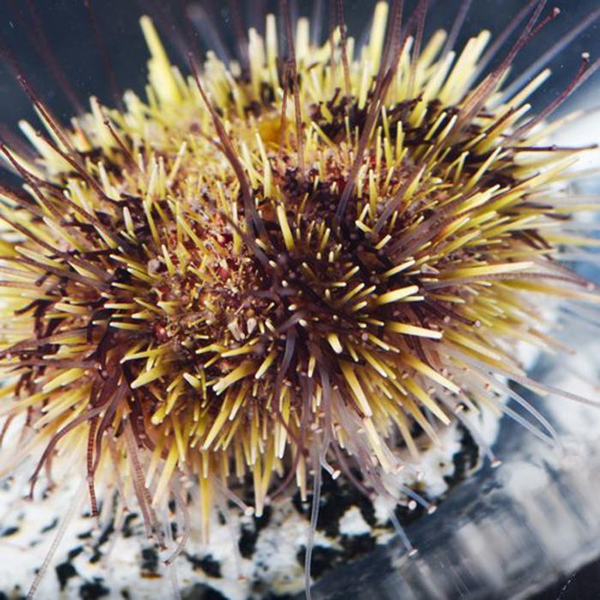
Syracuse University biologists say the sea urchin’s adhesive abilities are negatively affected by differing levels of water salinity brought on by climate change-associated events.
Their study, published in the Journal of Experimental Biology, sought to understand how sea urchin populations will be affected by future extreme climatic events.
“While many marine animals can regulate the amount of water and salts in their bodies, sea urchins are not as effective at this,” said Austin Garner, assistant professor at the school’s College of Arts and Sciences’ Department of Biology.
“As a result, they tend to be restricted to a narrow range of salinity levels. Torrential precipitation can cause massive amounts of freshwater to be dumped into the ocean along the coastline causing rapid reductions in the concentration of salt in seawater.”
Even a slight change in salinity can affect the ability of sea urchins to securely attach their tube feet to their surroundings. This impacts their survival as they rely on their adhesive structures to move on corals and rocky areas near shore.
While an excessive amount of urchins can destroy important underwater habitats like kelp forests, the species are vital for maintaining balance within marine ecosystems. Without urchins, coral reefs can become overgrown with microalgae, limiting their growth.
The researchers said that as global climate change causes weather extremes ranging from heat waves and droughts to heavy rains and flooding, the large amounts of freshwater pouring into nearshore ecosystems are altering habitats. The group’s research was conducted at the University of Washington’s Friday Harbor Laboratories (FHL).
Now that you've reached the end of the article ...
… please consider supporting GSA’s mission to advance responsible seafood practices through education, advocacy and third-party assurances. The Advocate aims to document the evolution of responsible seafood practices and share the expansive knowledge of our vast network of contributors.
By becoming a Global Seafood Alliance member, you’re ensuring that all of the pre-competitive work we do through member benefits, resources and events can continue. Individual membership costs just $50 a year.
Not a GSA member? Join us.
Author
Tagged With
Related Posts
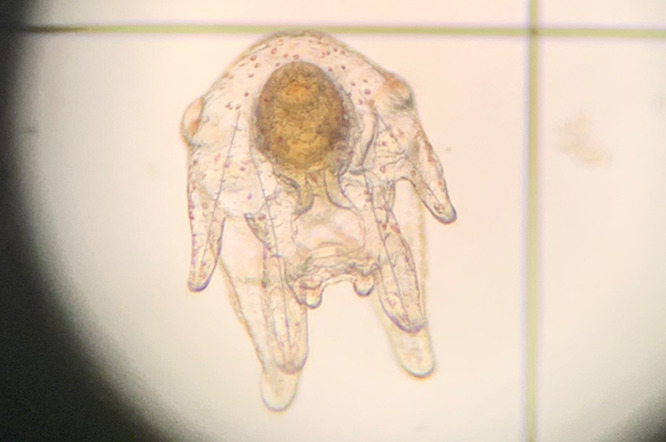
Intelligence
An urchin opportunity awaits in New England
To both restore waterways and meet a growing demand for the so-called “foie gras” of the sea, researchers are stepping up efforts to restore green sea urchins.
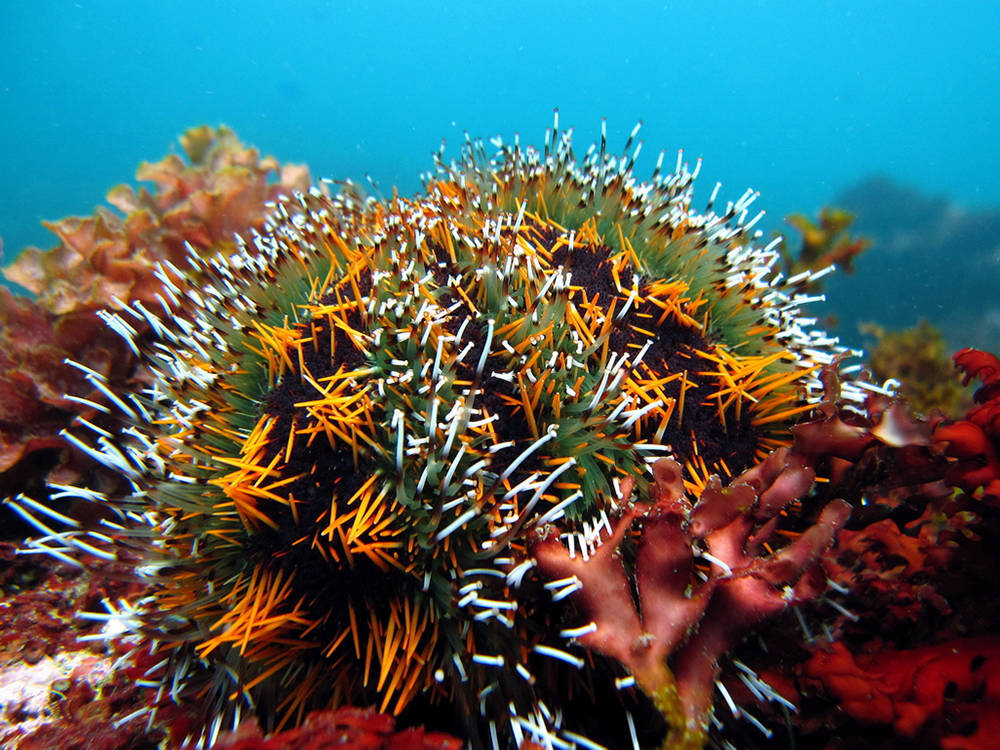
Aquafeeds
Evaluating seaweed, formulated diet on growth, gonad quality of sea urchins
An evaluation of the effects of fresh seaweed diets and manufactured feeds on growth and gonad quality of adult, wild collector sea urchins.
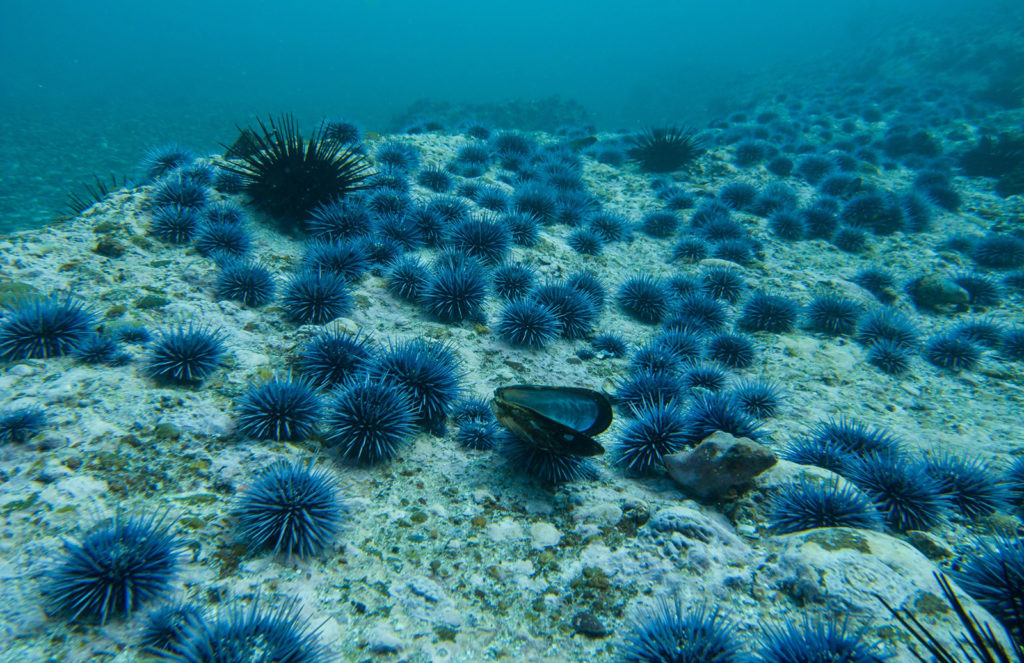
Responsibility
Can ranching ‘zombie urchins’ boost uni, save kelp forests?
With Norwegian knowledge and a partnership with Mitsubishi, Urchinomics aims to turn worthless empty urchins into valuable seafood while restoring kelp forests and creating jobs.
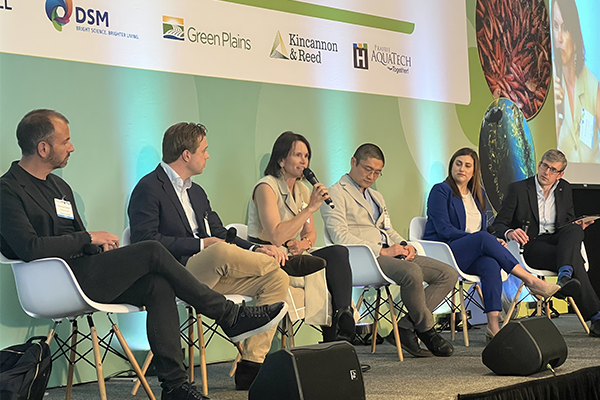
Innovation & Investment
‘We have 15 years to fix this planet’: Blue Food Innovation Summit explores potential of restorative aquaculture – and the challenges to scaling
At the Blue Food Innovation Summit, discussions centered on restorative aquaculture’s potential and financing the ocean’s capabilities.



